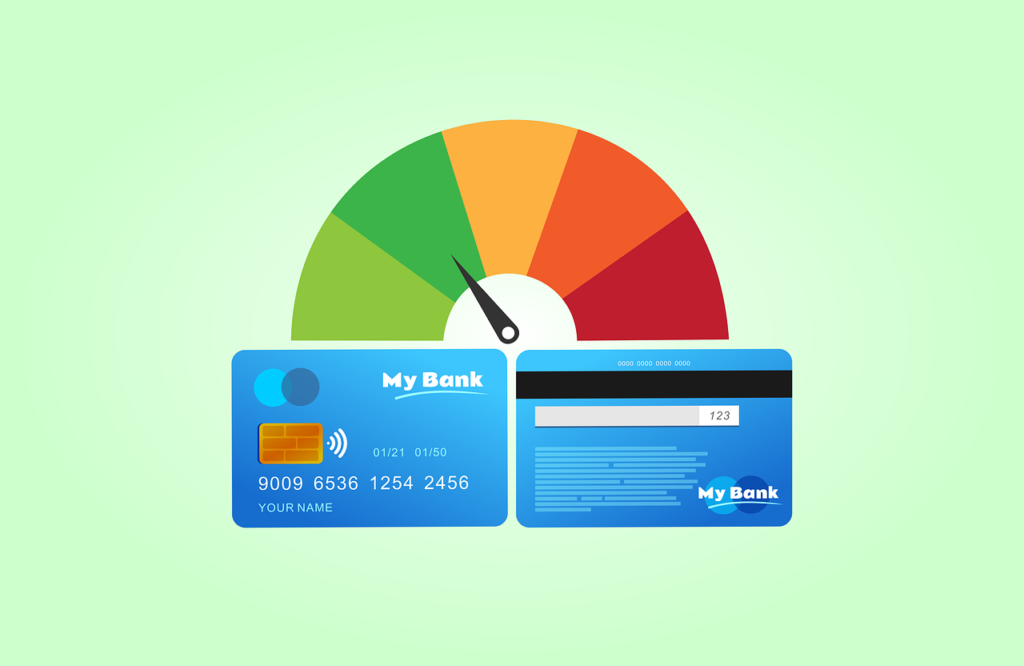Business Financing is money borrowed from an investor or bank to finance products, services, and equipment that a business needs to grow. You’re most likely to need financing when you start your business. There are several reasons why your application may be rejected.
According to statistics from 2021, 9% of small business owners who applied for a loan received no capital.

There are five reasons why your business may not be getting funding.
- Credit score
Low business credit scores will make it difficult for a company to get a loan. Statistics from 2021 show that 36% of small business applications were rejected due to poor credit scores. Credit scores are important not only for business, but also in your personal life. Banks and financial institutions use both the personal and business credit scores of the business owner to determine interest rates and loan eligibility. Keep track of your credit rating when applying for business funding to avoid rejection. - No collateral.
Institutions require collateral before they lend money in the event that the borrower is unable to pay back the loan. They will also lend money based on the assets that the business owns. The more valuable the collateral is, the higher the amount of money that they are willing to lend. If your business is brand new and has no or few physical assets, it may be necessary to use personal assets as collateral (cars, houses, etc.). as collateral. You may be rejected for financing if you don’t make this choice. The biggest reason why small businesses are unable to obtain financing is the lack of collateral. - Insufficient Cash Flow
Small businesses with a low cash flow will find it difficult to get a loan. Small businesses often struggle to keep their finances stable, especially in the early stages of business. It’s partly because small businesses have to pay rent, third party suppliers, equipment and employee wages. To secure a loan for your business, you must first ensure that you are bringing in more profit than you spend on expenses. Cash flow is required to consider business financing. - Too much debt.
A bank will examine your past debts to see if you have been able pay them back and in what time frame. They may review your application if they find out that you have ongoing debts. Too much debt can make a business look bad, as it shows poor management of finances and low income. Resolve past debts, and ensure they are paid properly and on time. This will give you more opportunities to borrow money for your business. - Too soon to start a business
Many banks will not lend money to small businesses that are just starting out, as it could be a risky business. It’s like taking a big leap of faith to lend money to a new small business. You’ll either profit when the business is successful or lose money if it fails. It’s not guaranteed that the business will be profitable enough to pay back the loan, let alone make enough money. Banks and investment companies need to be assured that the business will continue to grow, as well as make payments.
Here are some things to keep in mind when you apply for business funding.
- Create a detailed business plan when starting a new business and show that you understand investments. Investors will not regret investing in a business if you have a clear vision. You will need to find multiple investors in order to have sufficient funding.
- Crowdsourcing can be a great way to find investors. You may consider alternative lenders who are willing to lend to small businesses if your business is not large enough to be considered by traditional banks. Small firms or financial institutions may be able to assist small or startup businesses. Check to see if they are legit to avoid being scammed.
- Know your business. Do your research. If you don’t do your research, it will be hard to secure funding for a start-up. You can find out the requirements of a business loan and statistics about approval rates. Contact a few investors to plan your strategy.
Conclusion
The five factors above are the most common reasons for business loan rejections. You can make your business successful by creating a solid plan, conducting research and managing finances from the beginning. With a strong cash flow, you can avoid needing any additional business loans.












Leave a Reply